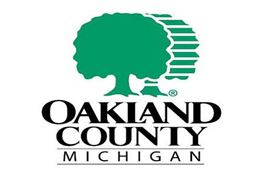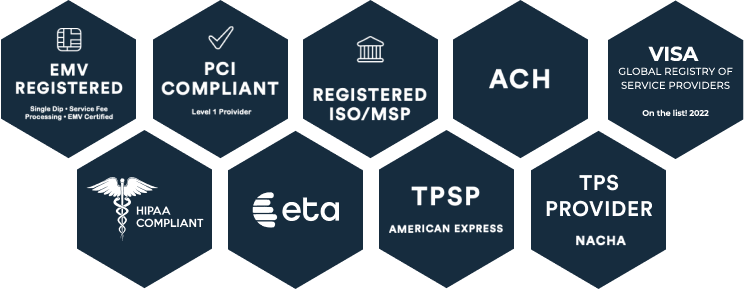Many customers prefer to pay their bills on an automated, predictable schedule. If your business does not offer this level of automatic and recurring payments to ensure a customer-centric experience, this article presents the basics of what recurring payments are, how they work, and the benefits they offer to your business and your customers.
What Is a Recurring Payment?
Recurring payments, also known as auto-pay are repeating payments set by the customer and charged by the businesses on the scheduled date. Customers elect to participate in automatic recurring payments to avoid having to remember due dates when paying their bills. Common recurring payments include streaming service subscriptions, utility bills, phone bills, etc.
How Do Recurring Payments Work?
From a business standpoint, you should be aware of how recurring payments work as a process:
- A customer decides to use the auto-pay option and self-enroll in the program.
- The customer accepts the terms and conditions. These can include the type of recurring payment, fees, payment schedule, and expiration timeline of the recurring payments.
- The customer saves a preferred form of payment in their customer profile. This may include credit card information, bank routing information or third-party payment processors, like PayPal.
- The payment processor contacts the customer’s bank network for transaction approval, upon receipt of the invoice per payment cycle.
What Are the Different Types of Recurring Payments?
There are two types of recurring payments: fixed and variable. Your industry and products or services determine which payment type you would leverage.
Fixed Recurring Payments
Fixed auto-payments charge a fixed rate for a subscription and are billed at the same rate. Your customers’ bill is never a surprise. With fixed payments, customers don’t have to worry about fluctuating costs or hidden charges.
Variable Recurring Payments
The amount that businesses charge will vary, depending on the business. For healthcare, pricing can change significantly depending on the provider’s patients, what services or testing are performed, health insurance changes, etc. Utility bills also fluctuate, but people typically don’t see dramatic changes.
The Benefits Of Offering Recurring Payment Options
Automatic recurring payments are beneficial for both consumers and businesses. On the consumer side, it saves time and energy by not worrying about a bill being paid. It is a much more convenient and reliable way for your business to streamline the process.
Fixed recurring payments can be beneficial to both parties, as set rates prevent non-payment. Your customers know what to expect, so they tend to be better about having that money available in their accounts. You can help achieve this with variable payments by sending reminders before billing and informing customers of the exact charge so they can transfer funds if needed.
By offering either fixed or variable recurring payment options, a business can benefit from the following:
Recurring Payments Accelerate Transactions
Automated billing expedites transactions as it functions electronically and requires minimal to zero maintenance. The entire sales cycle becomes shorter and less expensive. You no longer need to chase payments or spend time creating invoices – the system will handle everything for you.
Recurring Payments Save Time And Money
Recurring billing saves time and reduces expenses related to administrative tasks. Improved efficiency in administration leads to a decrease in customer service demands. This allows businesses to reallocate their resources more effectively, focusing on enhancing their core services and operations.
Recurring Payments Reduce Uncertainty in Budgeting
Recurring payments simplify budgeting by providing a stable, predictable income stream, enabling businesses to manage finances and plan more effectively. This subscription-based model not only boosts growth through regular income but also fosters long-term customer relationships.
Make Recurring Payments Easy with CORE
Are you ready to start implementing automatic recurring payments for your customers? CORE can seamlessly integrate a new payment processing solution to support your business needs. Get started with CORE today!


































